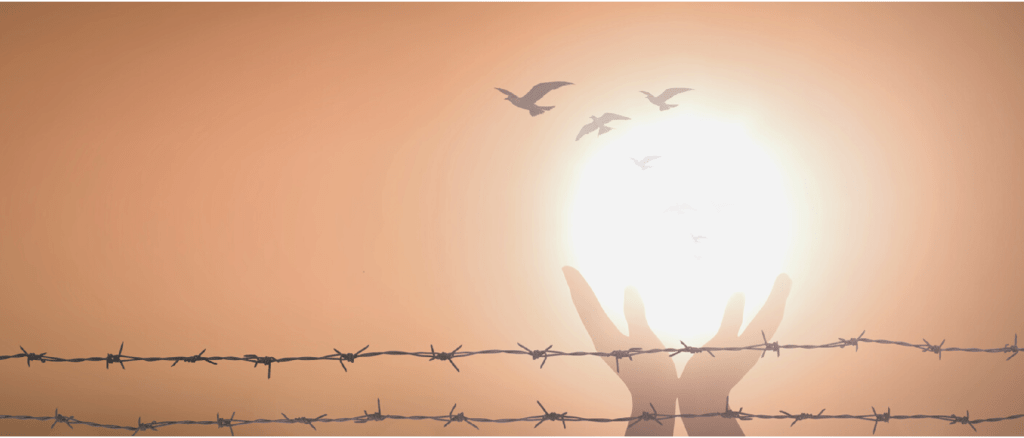Girl Power Vibez Initiative
Our commitment to people goes beyond our clients and candidates. We are committed to the upliftment of under-privileged communities in South Africa, through the investment of both human and financial resources to aid development and improve the quality of life in these communities. We achieve this by partnering and supporting initiatives whose vision we share and believe in.
One such organisation is the Tenya Foundation, a collective of individuals who have a heart for those less privileged; it attempts to cross the divide between under-privileged and privileged communities by empowering communities to be self-sufficient and sustainable.
Our hope is that with our participation and the participation of the average citizen we can help build a brighter future for our community and ultimately the entire African continent, one person at a time.

Corporate Social Responsibility,
Why we feel it is a must for South African Businesses
The discussion around corporate citizenship and responsible business practices is not new to South Africa. Just look at recent events, where a number of companies found themselves under the microscope for a series of governance-related scandals. Such events reiterate the importance of corporate governance and reputation.
A great way to improve your corporate reputation is by participating in corporate social responsibility initiatives and volunteer programmes.
One value of CSR is that it may compel companies to conduct business ethically and responsibly, however there are some unethical companies that still participate in CSR initiatives, even if for show.
This means that companies need to consider the triple bottom line impact (the three P’s) of their business operations on society and the environment in addition to their financial performance rather than solely focusing on generating profit.
This includes things like:
- Carbon footprint and environmental impact – (Planet)
- Impact on the South African economy – (Profit)
- Human rights and the promotion of positive change (e.g. addressing cultural and social issues such as the plight of young girls in South Africa) – (People)

The Development of an African Worldview
The philosophy of “Ubuntu” – the idea of being one’s brother’s keeper – runs deeply throughout African thought and action.
Africa: On The Way To CSR
According to Philippe Barry, CSR still has a relatively low profile in Africa and few companies implement CSR policies in line with international definitions. In general terms, too, Africa’s predominant culture is one of corporate sponsorship rather than CSR, for example requests for social investments in communities at times of natural disasters or in the fields of healthcare or education.
It is difficult to accurately assess the current state of play for CSR in Africa today, partly because the concept itself is a new introduction on the continent and because many African businesses are setting up CSR initiatives without formalising them as such. However, Africa’s economic performance and trends, combined with its demographic vitality, point towards a brighter future for CSR on the continent.
South Africa remains the continental leader in CSR practice and policy, notwithstanding disagreement about whether the prominent role of government leads to benefits for business and ultimately contributes to a positive, broader societal transformation.

We cannot continue to ignore the plight of young girls and women
Having said all this, one area where CSR can make a difference and cannot be ignored, is the plight of young girls and women in South Africa.
South Africa and indeed the continent cannot continue to ignore the plight of young girls in the broader gender context as Women’s month reminds us that 55 million girls in Africa, of the global 130 million count are out of school.
Education and extra curricula activities are key in developing well-rounded individuals whom are employable and can contribute to the long-term economic growth and business success of South Africa.
Women in Africa fight on a daily basis against extreme poverty which is linked to the struggle for gender equality and empowerment. Globally, women are more negatively affected by poverty than their male counterparts and suffer more from the effects of extreme poverty.
It seems unfathomable that we are in the 21st century and this situation still exists.
This needs to change. Not only is poverty sexist but it erodes or nullifies economic and social rights such as the right to health, adequate housing, food and safe water, and the right to education. It is a source of endemic, global injustice.

Girl Power Vibez Initiative Powered by the Tenya Foundation.
As it is Women’s Month, we have taken heed of the above discussion and would like to share our ongoing programme that is especially close to our hearts, bringing together like-minded people to find sustainable solutions for our underprivileged girls to attend school regularly. This is done by giving young girls access to reusable sanitary products with a three-year life span.
What motivated our company to be involved in this project was the startling research showing that young women from South Africa’s underprivileged communities can miss up to one quarter of every academic year due to their menstrual cycle.
Without access to affordable feminine hygiene products they need, these girl students are forced to miss school and stay home during their menstrual cycle.
Sapientis Advisory Powerful Girl Initiative
Bearing the above research in mind, we embarked upon this important initiative as it contributes to supporting more girls to stay in school and get a complete education. After all inthe words of Francis Bacon: “Knowledge is power”
Furthermore, it improves every girls quality of life and enables them to become confident, self-empowered women who are destined to become our future inspirational leaders in society.
Through collaboration, we can work together to positively impact girls in need, even if only one girl at a time.



